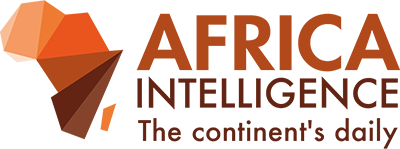This race for the new source of easy money has created conflict divisions among the different Frelimo factions in Frelimo, including, notably, former members of the inner circle of Joaquim Chissano, Guebuza followers and the northern generals. All these leading figures in the governmental party are making use of their links with the presidential clan to position themselves in the mining sector and obtain mining permits, particularly for precious stones, gold, mineral sands and coal. Minister of Mineral Resources Esperança Bias, who is influential in Frelimo, has no mining rights herself, at least not in her own name, but is a key figure in the permit awards system since she is the one who has the final decision over their distribution.
The system shows no sign of weakening since, in Mozambique, the trading of favours is a national sport. A law on probity in public life was approved by parliament in 2012 but is largely ignored. Members of the president's family, ministers, mines ministry executive and former Frelimo generals are all at work building their mining empires, often through partnerships with each other which make no distinction between public and private interests.


